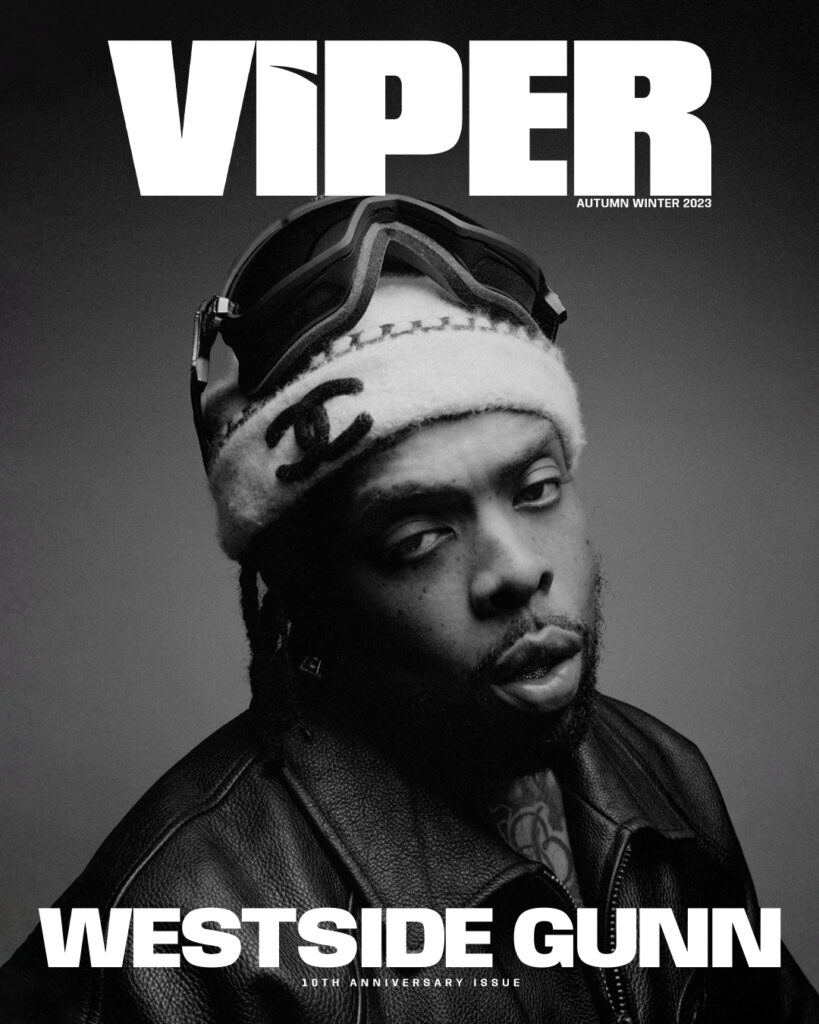Everywhere and Nowhere: Where Has Regionality Gone?
Regional authenticity has always been fundamental to hip hop, but with the rise of the Internet and the constant bending and blending of genres and sub genres, we have to wonder if that specific brand of authenticity is starting to fade. The short answer is yes – and no. Taking this conversation to a grand scale leads us into complex waters, forced to address topics such as why New York has trouble supporting itself while the South generally throws a ton of weight at their artists, not to mention which region is currently carrying the torch (the West and the South). What we define as “carrying the torch” also fundamentally changes the conversation. For that reason, we’ll be focusing on a handful of examples and keeping things mostly to the coasts, to keep the conversation concise.
While once significant, regional authenticity in hip hop has – on some level – morphed into the general authenticity fans crave from their artists. Nowadays, there’s less demand for artists to sound like where they’re from and more demand for them to turn their personality into their proverbial region. Beat selection and flow is becoming less of a signifier of where an artist is from, and more suggestive of their personal tastes. By proxy, these tastes are ever-expanding with the supreme ease of access to music. Where an aspiring artist from New York was once insulated with rappers like Big L to draw inspiration from, they’re now able to see themselves in artists from LA to Atlanta, Toronto to Ireland. That being said, for some artists, where they are from is still a major facet of their personality. In some cases, the most important part.
On the West Coast, there’s YG—a perfect album artist who sadly lacks the transnational appeal to be regarded as such. His latest album, ‘Still Brazy’, was a living memorial to G-funk. YG did not flirt with the spirit of the sound, he enveloped himself in it. YG is as LA as they come and his music is a celebration of the region that moulded him. While fans outside of the West Coast enjoyed the project, more often than not – he was levied the criticism that his music was derivative or “samey.”
To properly understand the musical feat YG achieved with ‘Still Brazy’, regional context was key. If you didn’t have it, you either had to seek that context out or let the record pass you by. Therein lies the biggest drawback of regionalism: accessibility. Accessibility is a veiling conversation around responsibility, or, who is supposed to do the work to make the music make sense? Whomever is willing, of course, but far from everyone falls into that category. In practice, if we had to draw an infographic, I would say the further East you go, the more common the “samey” criticism becomes, because less fans feel compelled to look into regional history.
Unlike YG, who is more a hero to his hometown than he’s not, New York’s Joey Bada$$ seems to be caught in a different bind. When looking at the criticism of his latest album, ‘All-Amerikkkan Badass’, and the singles leading up to its release, we start to see a heap of backlash against his music coming from within his region. The first half of the album takes a notably more pop direction, with glitzier production and Joey bringing a few catchy melodies to the hooks. Responses were mixed. Certain fans – and Joey included – made it clear that they appreciated this shift from the classic sound. Joey himself went on the record to say he wants listeners to know he is capable of making music outside of the tone of his previously acclaimed projects like, ‘1999’.
On the other hand, there were the naysayers claiming that Joey Bada$$ had sold out entirely. Longtime fans are prone to developing attachments to specific stages in their favourite artists’ careers, but the negative feedback Joey received on a track like ‘Devastated’ belied a deeper anxiety. It was as if fans felt a sense of abandonment as Joey took a pivot in his sound, as if by taking a step away from the classic sound of New York, he had somehow abandoned the city, his own identity and by proxy, the fans. Their uproar made it seem as if the New York sound had suddenly died by Joey’s hand, but nothing in music is this cut and dry.
The case of the classic New York sound is complicated further when we look at the A$AP Mob. First look at A$AP Rocky who, despite being based in Harlem, employs the chopped and screwed sensibilities of a Houston artist. Harlem is also home to Desiigner, whose music is entirely indebted to the waves coming out of Atlanta. The parallels are so overt, first-time listeners continuously mistake him for Future. Upon first glance, a connection can be made that New York artists are simply embodying other styles because the quintessential New York sound is falling out of favour, but that is also far from the truth.
If these conversations seem to be getting more and more open ended, it’s because they are. If you’re wondering, “what is the verdict on regionality in hip hop?” – there is none, because fans can’t seem to decide where to throw their weight. That’s the thing with regionalism. As much as fans claim to want variety and growth, there’s a strong – albeit damaging – reaction when we don’t hear the tried and true sounds of where we are from. When there are no regional ties to worry over, a new slew of woes present themselves. If there’s one takeaway, then it should be that regionalism may not be on life support, but the way we react to and discuss it certainly has to evolve.
This is an extract from Issue 8, The Nomad Issue of Viper Magazine. Read more from the magazine here. Buy physical and digital copies here.
Words by Donna-Claire Chesman
Illustrations by Lucas Santos




